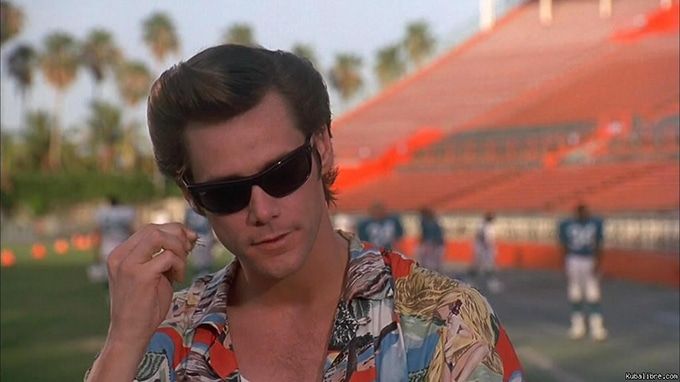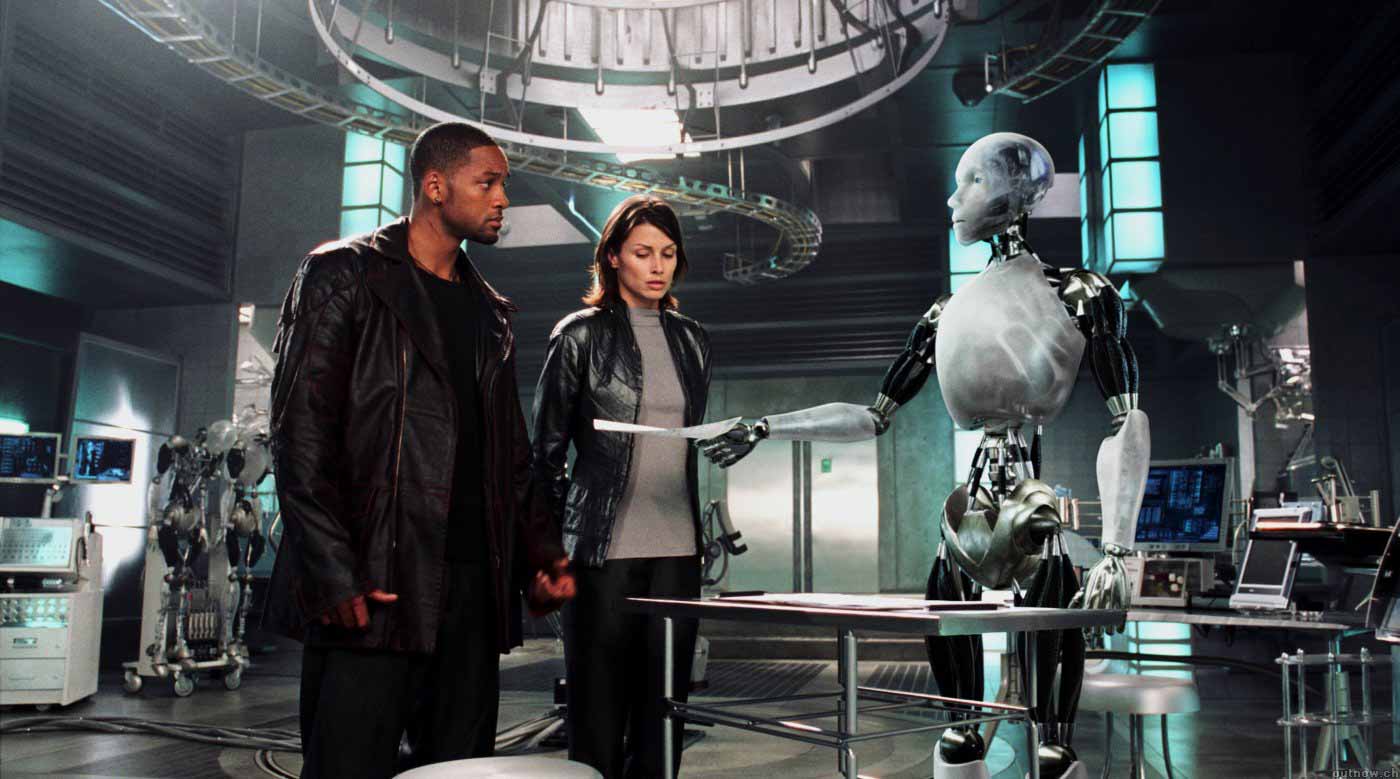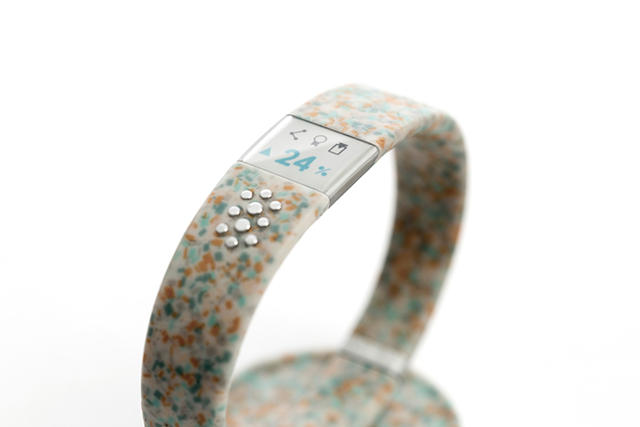Are you ready for Halloween? It's a contentious issue, but some have claimed spikes in crime rates on Halloween, while other news sources state the converse. Nevertheless, while it's a night that's considered fun for families, there are a number of safety considerations you should keep in mind and prepare for.
1. Choose make-up instead of mask: For children, masks can block peripheral vision, making it super dangerous along dark streets. Make-up thus a much safer option.
2. Flashlights: Whether you're letting your child go out alone, or you're accompanying them, it's good to carry a flashlight with you, especially for those areas of the streets that aren't well lit. You can buy small LED flashlights that go on a key chain from Canadian Tire and elsewhere for under $20.
3. Visit well-lit houses: Some houses have a definite weird-factor on Halloween night. Rule of thumb: if you get a bad vibe from a place, move on to the next house. And always choose well-lit houses if you have children.
4. Don't enter homes of people you don't know: Let's get real--it's Halloween, not Christmas morning. Weird stuff can happen on Halloween night. Talk to your kids about safety, and prohibit them from entering a stranger's house. Teach them about how to get a gut-read on situations and avoid those that trigger anxiety or fear.
5. The 10 Rule: Children under 10 should be accompanied by an adult.
6. The rule of 3: Children should be in groups no less than 3--this raises the odds of one of them having some sense to avoid trouble or unsettling situations.
7. Curfew: If your kids are a bit older, equip them with a mobile phone, and set a timer or alarm that tells them when to be home. You don't want your children wandering the streets late at night.
8. Reflective: No, I'm not talking about your kids walking around with journals in their hands. If you're hand sewing costumes, make sure you've sewn in some reflective material. Reflective tape on shoes and bags and costumes will be important for ensuring your child is seen by motorists, etc.
9. No snacking till home time: Give your kids a rule that their candy must be checked by you before they partake. Inform them of the dangers of strangely wrapped candy, and the importance of having the candy inspected.
10. Make place: Sweep your walkway, remove wet leaves, and anything else that might create hazards for visitors. If you're not home, you can either just leave our lights off, or place a bowl or two of candy with a note for visitors inviting them to some candy.















